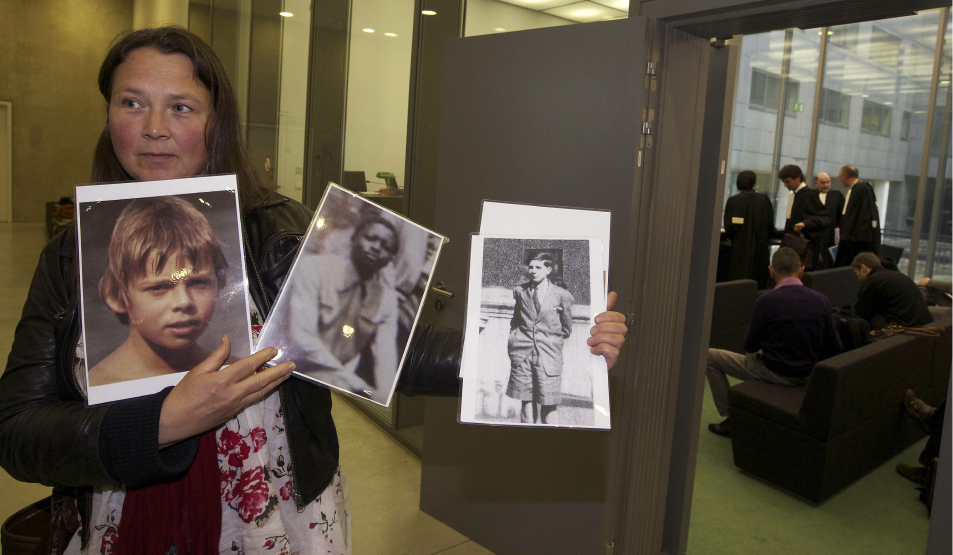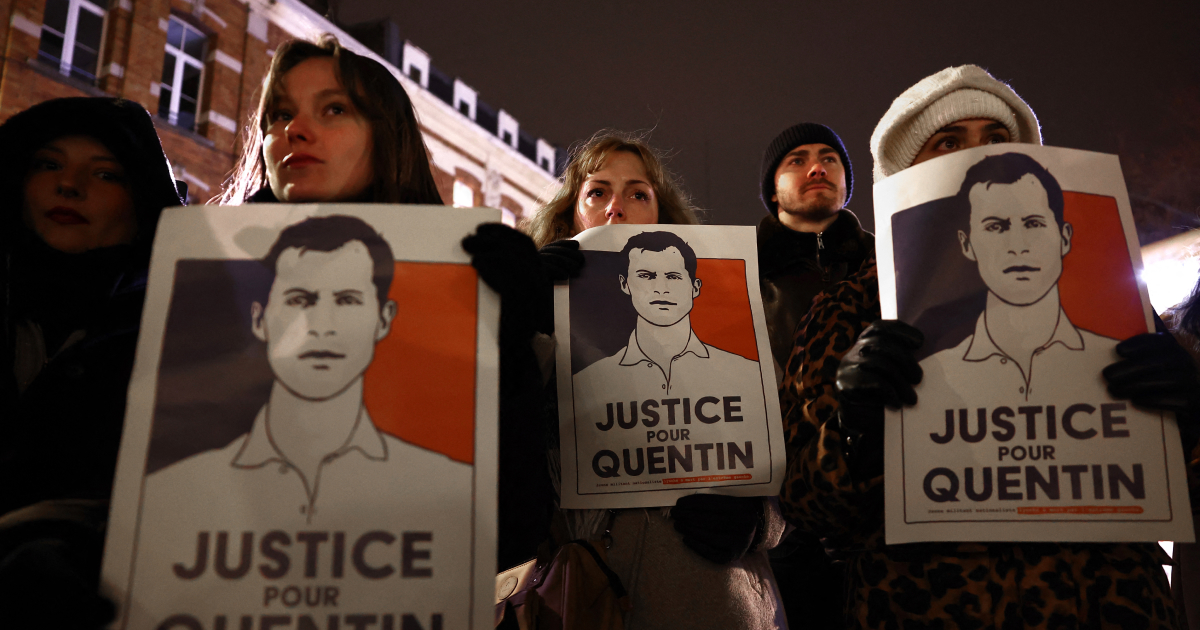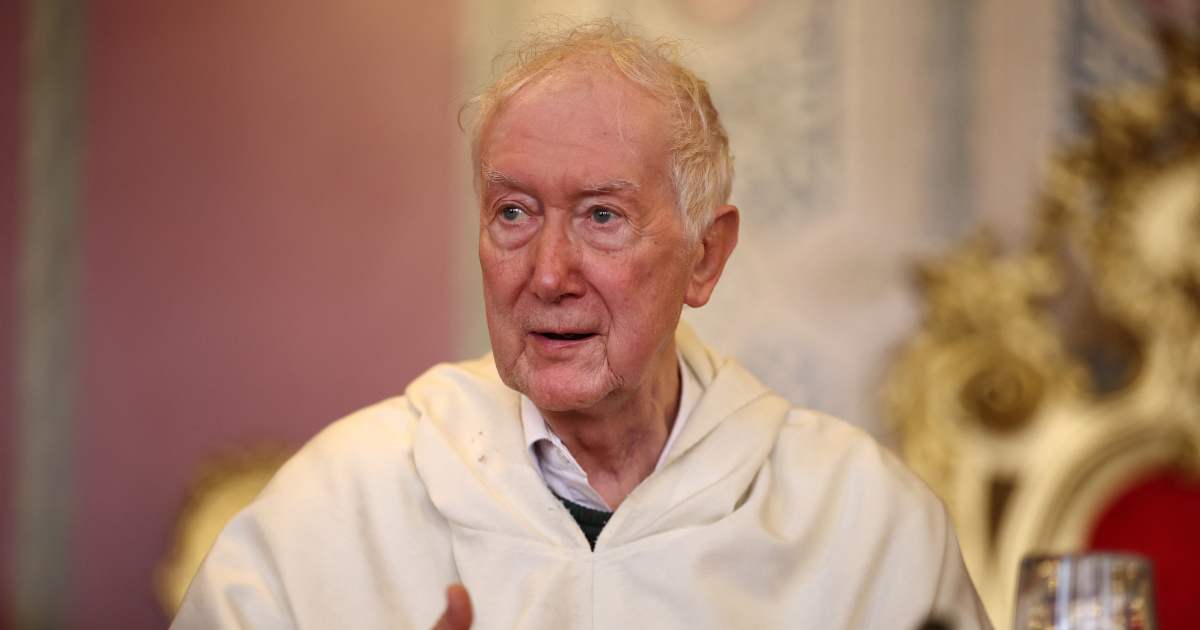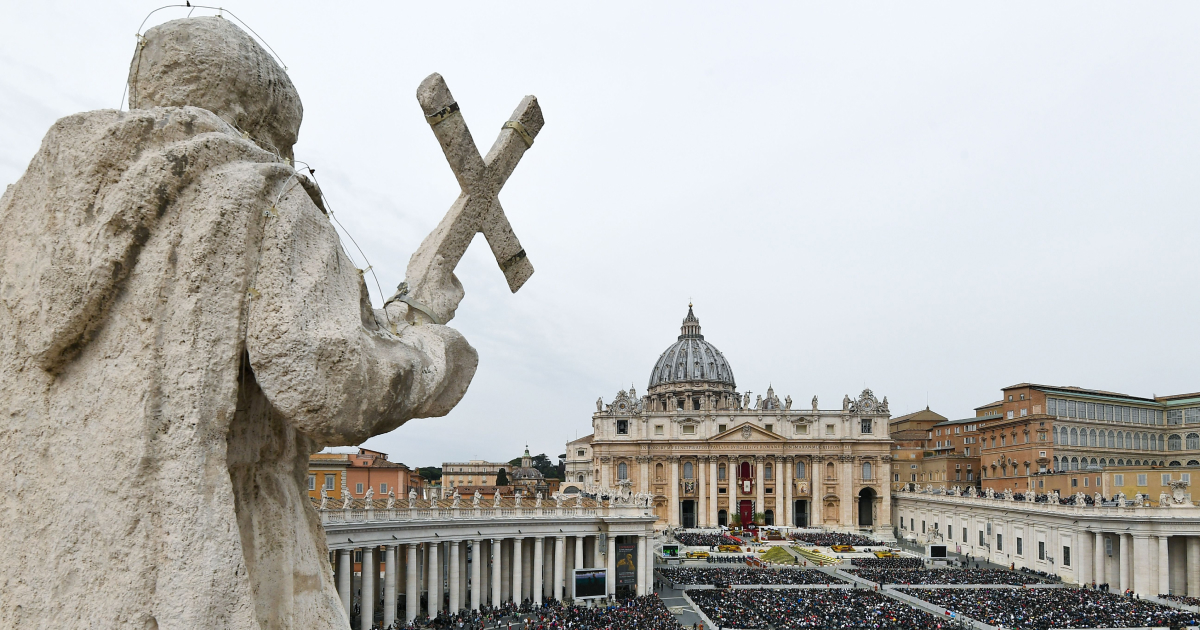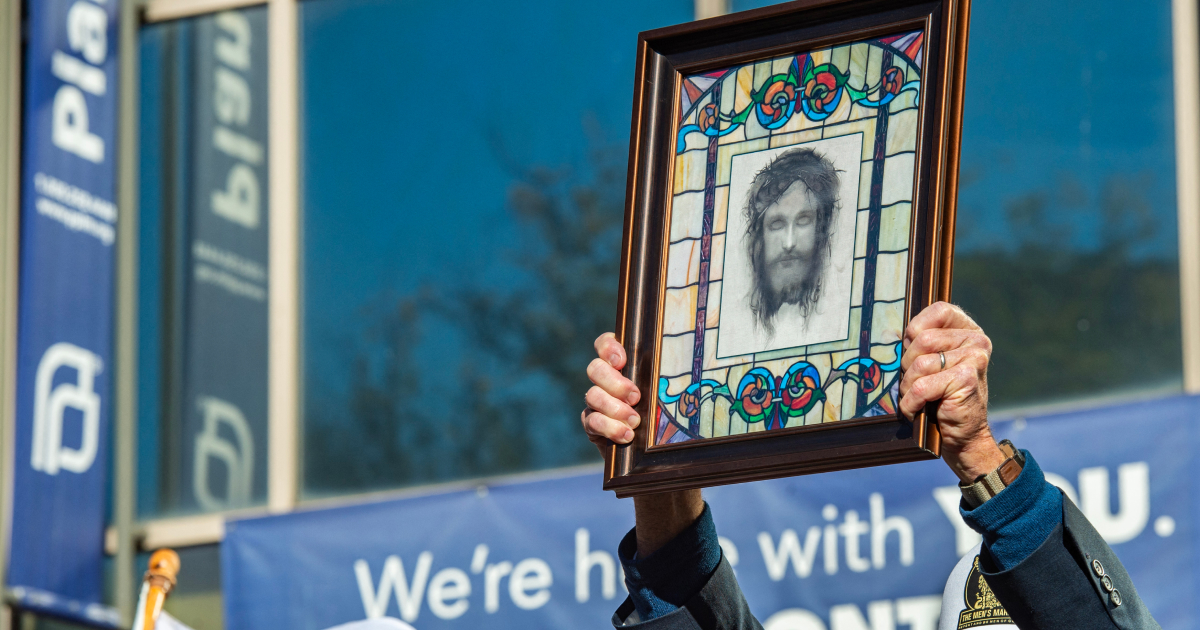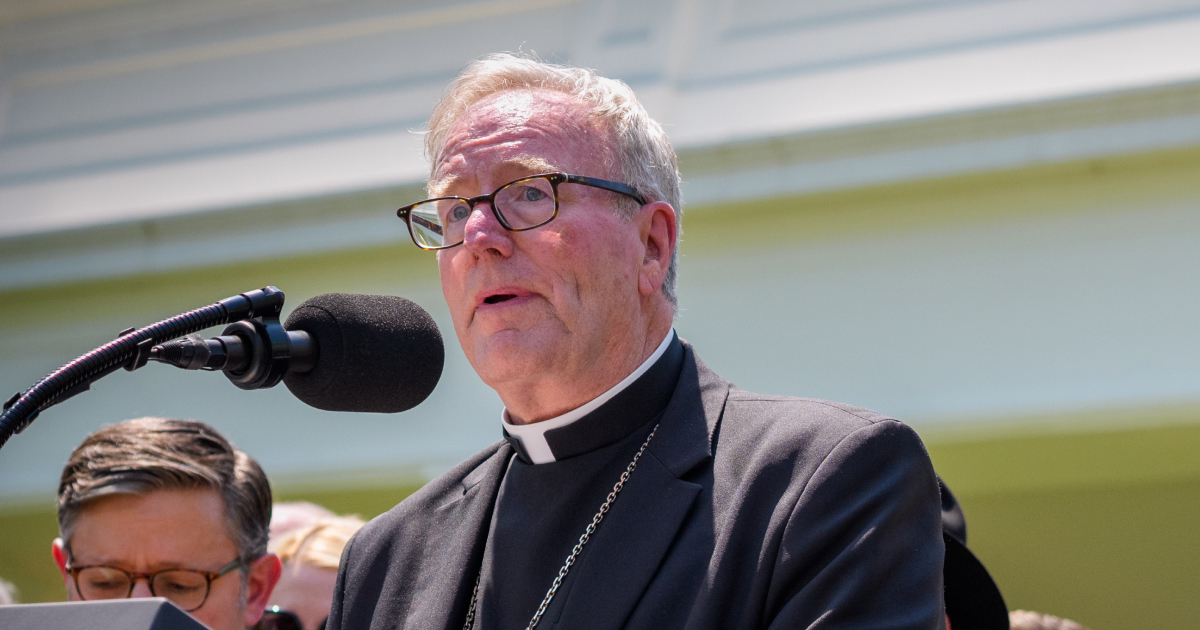Pope Leo XIV has met a group of fifteen Belgians who were sexually abused by members of the clergy when they were minors, the Vatican has confirmed.
The Holy See Press Office said the meeting, held on the afternoon of 8 November, took place “in an atmosphere of closeness with the victims, of listening and dialogue, profound and painful,” and lasted almost three hours before concluding with “an intense moment of prayer.”
The survivors were accompanied by members of the Pontifical Commission for the Protection of Minors, which has been working closely with the Church in Belgium on safeguarding matters. The Commission met the group again to continue a dialogue that began in July, when representatives of the body visited Belgium to hear survivors’ concerns directly.
Many of those who travelled to Rome had previously met the late Pope Francis during his apostolic visit to Belgium in September 2024. During that meeting, held at the Apostolic Nunciature in Brussels, they shared their stories and hopes for a renewed commitment from the Church to prevent abuse. Pope Francis listened to their testimonies “with a sense of shame for the suffering they endured as children” and expressed his gratitude for their courage in speaking out.
Saturday’s audience continues a pattern established by Pope Leo XIV since his election six months ago. The new pontiff has already received groups of victims at the Vatican on several occasions, most recently in August when he met representatives of the international network Ending Clergy Abuse.
Belgium remains one of the European countries most scarred by revelations of clerical abuse. The Belgian Church first established an independent commission on abuse in 2000 under retired magistrate Godelieve Halsberghe, which received more than 300 complaints. A second body, led by psychiatrist Peter Adriaenssens, was formed in 2009 but disbanded a year later following extensive police raids on Church offices, including the archbishop’s palace in Mechelen. Those investigations, which resulted in the seizure of hundreds of internal Church files, marked one of the most dramatic cases in the history of the crisis in Belgium.
The scandals led to resignations and trials across multiple dioceses, including those of Mechelen-Brussels, Antwerp, Bruges and Namur. The resignation of Bishop Roger Vangheluwe of Bruges in 2010, after he admitted to sexually abusing a boy, shocked the country and brought renewed scrutiny of clerical culture in Belgium.
The Vatican described Pope Leo XIV’s latest meeting as an opportunity for listening and dialogue. For the survivors present, it marked another step in an ongoing process of recognition and healing that continues to shape the Church’s response to abuse both in Belgium and beyond.
Photo: A woman holds pictures of child victims during a trial at the Gent justice palace against the Catholic church for sexual abuses (Cred: NICOLAS MAETERLINCK/AFP via Getty Images)





